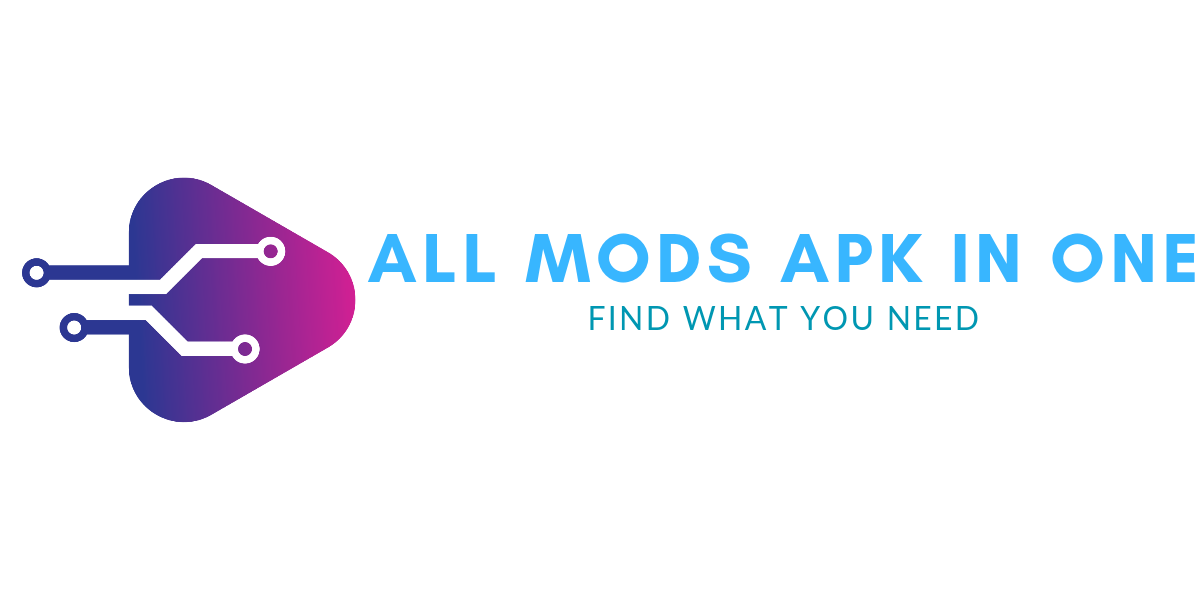The future of mobile applications is an exciting and rapidly evolving landscape. As technology continues to advance, mobile applications are becoming more sophisticated, powerful, and pervasive. Here are some key trends and developments shaping the future of mobile applications:
1. **Artificial Intelligence (AI) and Machine Learning (ML)**: AI and ML technologies are revolutionizing mobile applications. They enable advanced features such as natural language processing, image recognition, predictive analytics, and personalization. AI-powered virtual assistants like Siri, Google Assistant, and Alexa have already become integral parts of our mobile experience. In the future, AI and ML will further enhance app capabilities, making them more intelligent, context-aware, and adaptive to user preferences.
2. **Internet of Things (IoT)**: The integration of mobile applications with IoT devices is gaining momentum. With IoT, mobile apps can control and monitor smart devices, home automation systems, wearables, and more. Mobile apps will play a central role in connecting and managing IoT devices, providing users with seamless control and access to a wide range of interconnected devices and services.
3. **Augmented Reality (AR) and Virtual Reality (VR)**: AR and VR technologies are transforming the way we interact with mobile applications. AR overlays digital content onto the real world, enhancing user experiences in areas like gaming, education, retail, and navigation. VR immerses users into virtual environments, enabling immersive gaming, training simulations, virtual tourism, and more. Mobile apps will continue to leverage AR and VR to create compelling and immersive experiences.
4. **5G Connectivity**: The rollout of 5G networks promises faster download and upload speeds, lower latency, and greater network capacity. This enhanced connectivity will unlock new possibilities for mobile applications, enabling real-time streaming, high-definition video, seamless cloud integration, and improved multiplayer gaming experiences. 5G will also support emerging technologies like AR/VR and IoT, further expanding the capabilities of mobile apps.
5. **Progressive Web Apps (PWA)**: PWAs are web applications that offer a native app-like experience on mobile devices. They combine the reach and accessibility of the web with the capabilities of mobile apps, providing users with instant access to content and features without the need for installation. PWAs are gaining popularity due to their cross-platform compatibility, offline capabilities, and seamless updates.
6. **Enhanced Security and Privacy**: With the increasing reliance on mobile apps for sensitive transactions and personal data, security and privacy are paramount. App developers will focus on implementing robust security measures, including biometric authentication, data encryption, secure APIs, and adherence to privacy regulations like GDPR and CCPA. User trust and data protection will continue to be critical considerations for the future of mobile applications.
7. **Voice and Gesture-Based Interfaces**: Voice commands and gesture-based interfaces are becoming more prevalent in mobile applications. Voice assistants, voice search, and voice-controlled smart home devices have already gained widespread adoption. Gesture-based interactions, such as swipes, pinches, and shakes, offer intuitive ways to navigate and interact with apps. These interfaces will continue to evolve, providing more natural and seamless interactions with mobile applications.
8. **Cross-Platform Development**: Developers are increasingly adopting cross-platform development frameworks like React Native, Flutter, and Xamarin. These frameworks allow developers to build mobile apps that can run on multiple platforms using a single codebase. Cross-platform development reduces development time and cost, enabling faster app delivery and broader audience reach.
9. **Personalization and Context-Aware Experiences**: Mobile apps of the future will leverage user data, AI, and location-based services to deliver highly personalized and context-aware experiences. Apps will dynamically adapt to user preferences, behavior, and surroundings, providing tailored content, recommendations, and services. Personalization will enhance user engagement and satisfaction, creating more meaningful and relevant app
experiences.
10. **Blockchain and Cryptocurrency Integration**: Blockchain technology is finding its way into mobile applications, enabling secure and transparent transactions, decentralized app ecosystems, and cryptocurrency integrations. Blockchain-based mobile apps can facilitate secure peer-to-peer transactions, digital identity verification, supply chain management, and more. The adoption of blockchain and cryptocurrencies will continue to influence the future of mobile applications, especially in finance, logistics, and decentralized app marketplaces.
These are just some of the exciting developments shaping the future of mobile applications. The mobile app landscape is constantly evolving, driven by technological advancements, user demands, and industry trends. As smartphones become even more integral to our daily lives, mobile apps will play a crucial role in providing innovative solutions and enhancing our digital experiences.




